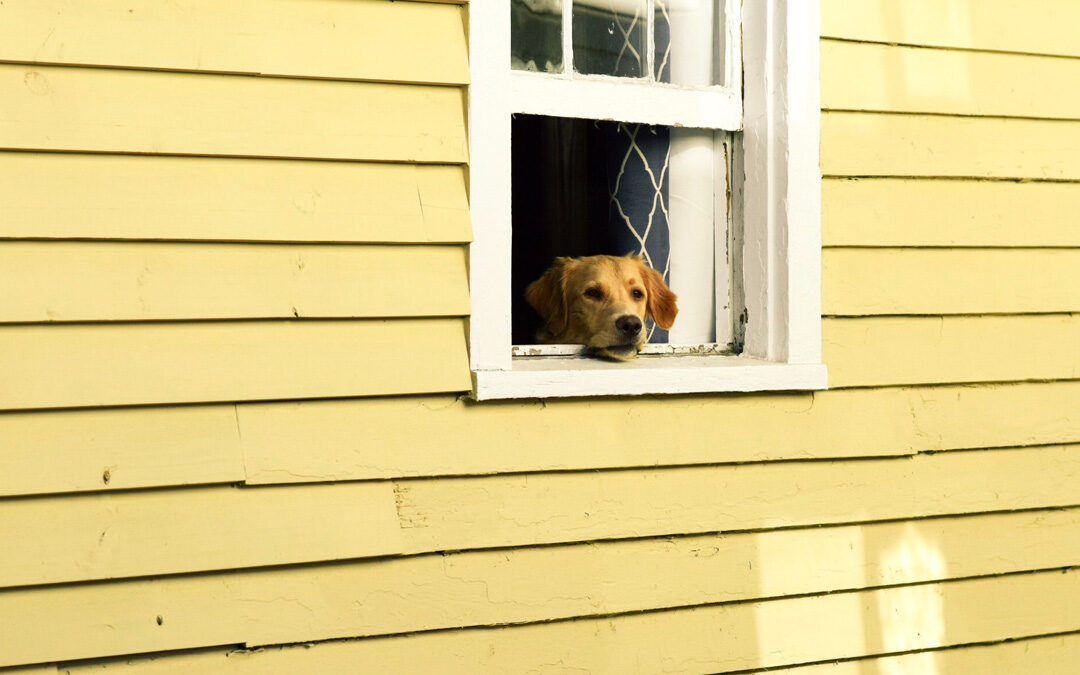November is Pet Diabetes Awareness Month. Just like their human counterparts, pets are susceptible to developing diabetes, and a crucial part of maintaining pet wellness is knowing the signs and symptoms of conditions like diabetes that can affect your pet’s health. In addition, understanding the causes and treatment for pet diabetes can help improve quality of life and age outcomes. Learn about what to look out for and how to treat your pet if they face a diabetes diagnosis.
What Causes Pet Diabetes?
In the United States, diabetes affects pets in similar ways as humans. Diabetes is a metabolic condition in which insulin and glucose absorption are not as efficient or deficient. For dogs, insulin-deficiency diabetes is most common, whereas insulin-resistant diabetes typically occurs in obese canines. Some of the risk factors for pet diabetes include:
- Middle/older age
- Obesity
- Pancreatitis, especially repeated cases
- Steroid medication use
- Lack of physical activity
Currently, there is no cure for diabetes. However, with early diagnosis, you can manage your pet’s diabetes as part of responsible dog ownership. One way to ensure your dog stays healthy after a diabetes diagnosis is to watch out for common signs and symptoms.
Symptoms of Diabetes in Animals
Many of the signs of diabetes in animals are similar to what you can expect in humans. The earlier you can catch these symptoms, the better your chances of managing your pet’s symptoms. Early diagnosis can also improve their quality of life. Here are some of the common signs and symptoms of pet diabetes:
- Frequent urination
- Excessive thirst
- Unexpected weight loss
- Lethargy and lack of energy
These symptoms occur because your pet tries to rid itself of excess sugar in the body. If you notice any of these signs, schedule a visit with your veterinarian immediately.
Can Pet Diabetes be Cured?
As with diabetes in humans, there is currently no cure for pet diabetes. However, there are treatment plans to help your pet manage its symptoms. Typically, treatment plans include a combination of diet adjustments, a consistent exercise routine, and insulin injections. Many symptoms can decrease by switching up your pet’s diet. Nutrition is a very important aspect of pet wellness and a simple change to implement right away. Your dog probably gets lots of exercise every day – especially if they are part of our Good Dog Spot programs. With a diabetes diagnosis, getting your dog out and about is essential for their health. Insulin medication is the third component of treatment options. Your veterinarian will teach you how to administer these injections.
Spread Awareness About Pet Diabetes
The more awareness we can spread about the signs, symptoms, and treatment for pet diabetes, the more pet families we can help. There is a vast community of pet owners who manage their pet’s diabetes, and connecting with like-minded people can be encouraging and helpful. Learn what Northampton Facility Manager Jennifer Rueli, CPACM has to say about managing her dog’s diabetes:
“Knowing your dog’s daily habits is the key to finding any possible illness your dog may develop. For example, I noticed my 10-year-old dog Toby urinating in larger amounts and more frequently throughout the day. He stopped eating every meal, so I took him to his Vet. After a blood test and urine test was performed, I received the news that Toby had diabetes.
I was scared, but my Vet educated me on changing Toby’s diet and showed me how to do the insulin injections myself at home. After a year of following his diet, getting plenty of mental & physical exercise, insulin injections, and follow-up appointments, I cut Toby’s insulin in half.
The best advice I can give is to consistently alert your Vet to a change in your daily habits. If your dog does get diagnosed with diabetes, work closely with your Vet, ask lots of questions and keep your dog on a routine for feeding times and insulin injections. Also, research your local pharmacies because some charge a lot for insulin, while others are very reasonably priced!”
The Good Dog Spot helps pet families in Western MA create and sustain socially, emotionally, and physically healthy dogs and cats through our daycare, grooming, and boarding services. Get started on your Good Dog Spot journey today.

